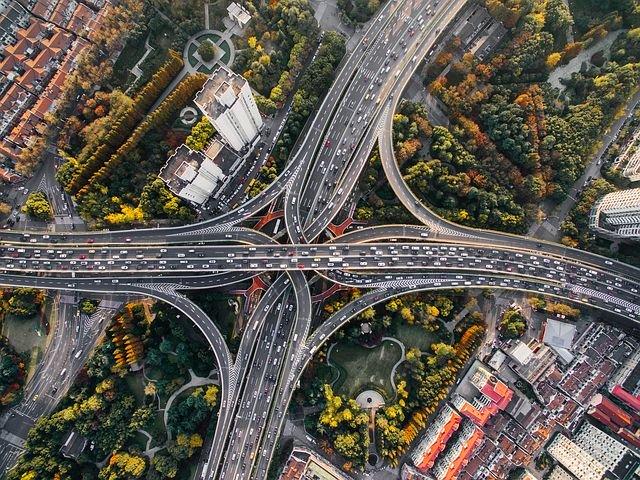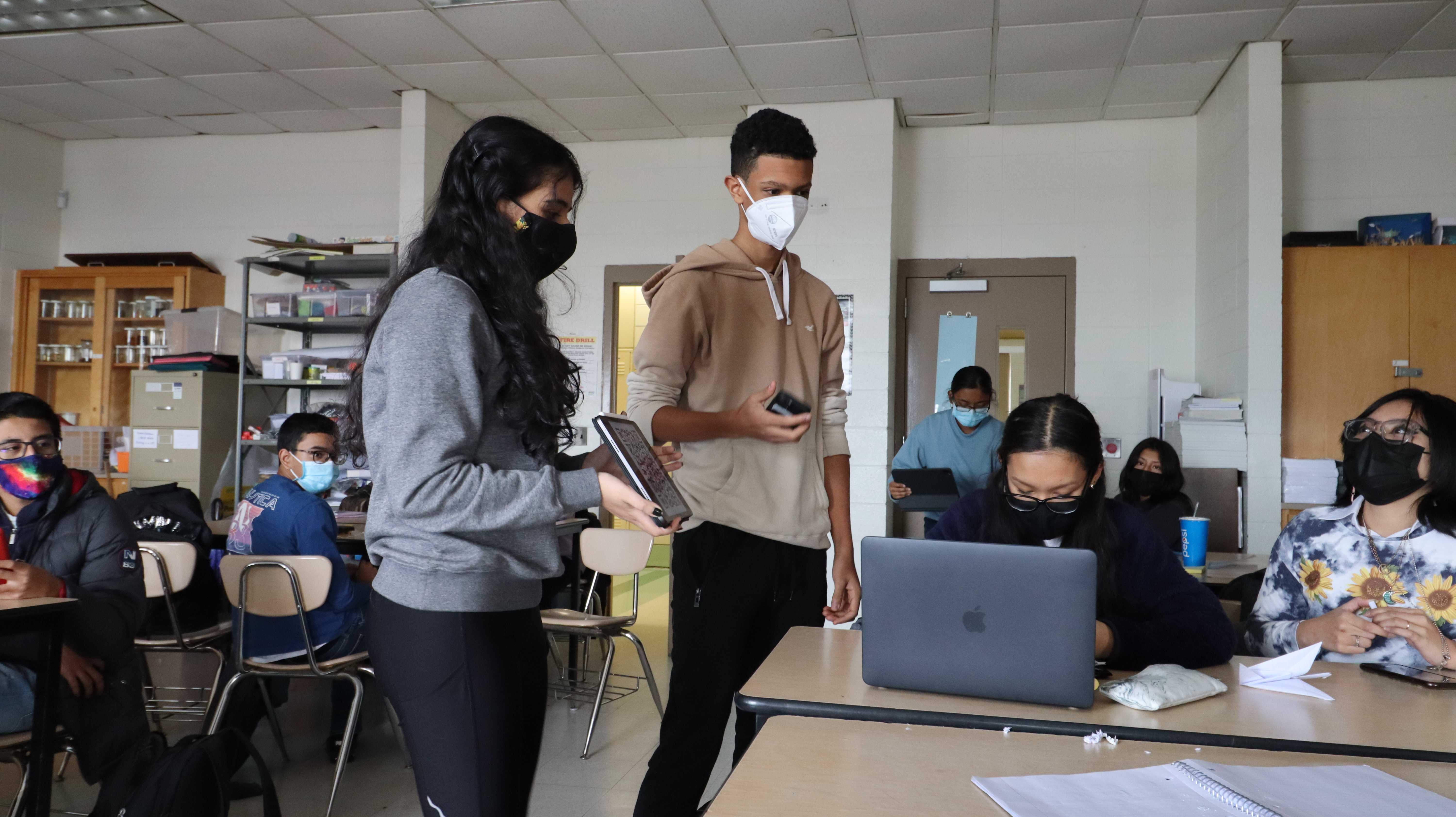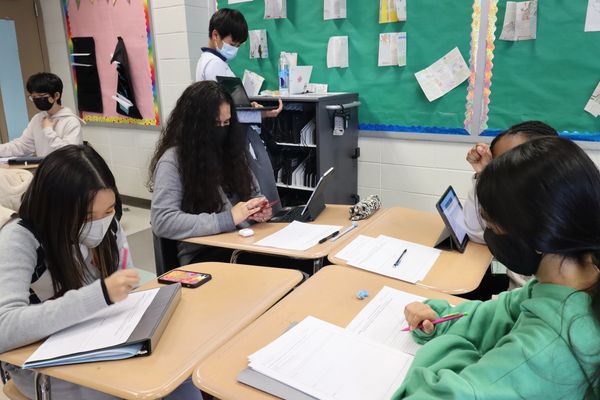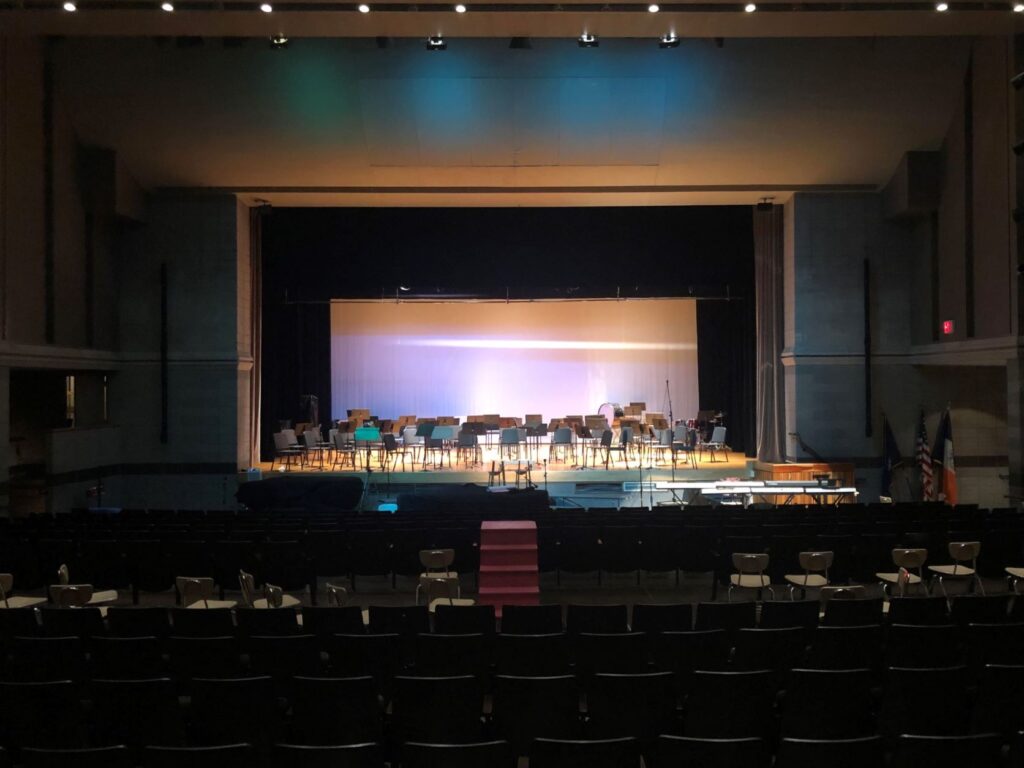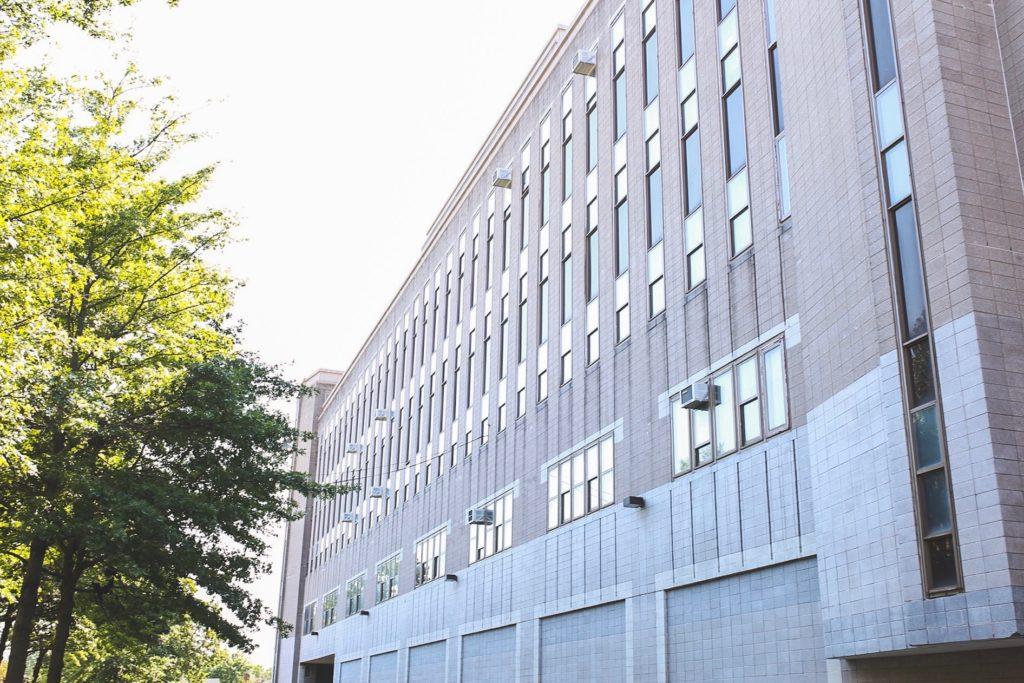
Within a few months, COVID-19 has completely changed our lives. Schools are closed, unemployment is at an all-time high, hospitals are understaffed, and the roads are empty with the exception of a few masked dwellers. Although things are slowly returning back to normal, conservation groups and scientists have highlighted the indirect relationship between the earth’s climate and a global pandemic. It is important to note that the global response to coronavirus will reshape our economies and control how climate change will play out in the future.
Globally, carbon emissions are decreasing as industrial factories, energy plants, and the oil industry have seen a decline in productivity. In China, a major manufacturing hub, carbon emissions have gone down by 25%. According to the Center for Research on Energy and Clean Air, this percentage roughly translates to 200 million tons of carbon dioxide. As reported in WIRED, global carbon emissions are declining at a rate of 5.5%, a significant amount considering the ascent of global warming.
Lockdowns and social distancing have also impacted transportation. With most people staying home, the airline industry has taken a huge hit, and some of the most polluted cities have begun to experience climate restoration. For instance, in the crowded city of Mumbai, citizens can finally see clear skies. In our bustling city, carbon emissions are down by 50%, which is a direct result of the New York lockdown.
Conservation wise, biodiversity has also been affected by the pandemic. With national parks and protected areas closed off to the public, sensitive species are thriving, and the cleaner air and water is relieving pressure from natural ecosystems, as published by the National Institute of Health. As seen in viral Instagram videos, wild animals are starting to roam areas that they have never ventured to. Jackals have started appearing around Tel Aviv, deer are walking around Japanese cities, sea lions are out and about in Buenos Aires, and goats are leaving their mountain habitats to come to a seaside town in Wales.
Around Townsend Harris, many individuals and groups such as the Green Team and the Senate’s Environmental Committee consistently advocate for a greener world. Junior Ali Boivab, an avid advocate for the environment, believes that “the pandemic should be a learning moment for our school and global community… Our goal, once we go back to school, shouldn’t only be enforcing social distancing but also implementing sustainability measures.”
Taking things step by step can have a major effect. For example, in Ali’s household, his family buys a 35-pound gallon of canola oil rather than the smaller gallons of the same oil. He explains that “buying items in larger portions can drastically cut down on single-use plastic purchase.” This results in less landfill waste and is an effective way to save money.
Spanish teacher Beatriz Ezquerra believes that consumer culture has been greatly affected by the lockdown. She says that to address the climate crisis, society “will have to reconsider many of our habits such as the food we eat, how much meat we consume, the clothing we wear, the car we use, the products we buy, how often we upgrade devices, and how often we fly.” In THHS, the Green Team is working to enforce a rule where people empty milk cartons into pails before disposing of them. Junior Katie Hsu, co-leader of the Green Team, is also urging people to stop the littering of face masks and gloves and to limit the use of lights when not needed.
However, since this pandemic is making it harder to act as a school community, advocating as an individual can create change as well. Donations are something that all conservation non-governmental organizations (NGOs) accept and rely on. Students can also join initiatives such as XR Youth NYC and Fridays for Future, which are still organizing digitally through online meetings and social media campaigns and strikes. Ali advises fellow Harrisites to “keep an eye out for online petitions,” as many activists send out petitions that call for government action. He believes that the best way to start is by “tuning yourself with the naturalist within.” Being in quarantine can keep people inside for days. However, it is important to go out to experience nature, take a stroll, and listen to birds chirping. Nature is all around and it is important to develop a love for the environment.
Nevertheless, scientists doubt this shift will be permanent, since global reopening plans will impact recent environmental improvements. For instance, world powers such as China have shown efforts to relax environmental supervision and instead stimulate economies to make up for the loss of productivity. When the global economy reopens, the oil industry could see a decrease in demand by 10 million barrels per day. During the 2008 financial crisis and oil shocks of the 70s, emissions have taken a similar hit but always bounced back as soon as the economies resumed. In addition, COVID-19 is delaying the shift to clean energy, including halted installments of solar panels and wind turbines. International climate conferences are rescheduled and climate research has indefinitely stopped.
Another recent environmental rollback is the postponed European Green Deal, which promises zero emissions by 2050. In response, Ms. Ezquerra said, “If we only seek economic benefit, and we ignore that economy is not only about benefits, but also about sustainability, we will return to where we were.” Despite a halt in policy level progress, there are many opportunities for Harrisites to contribute to the climate movement from home. Check out this Quarantined Climate Guide for more information below:
Start Living A Greener Life Now
While in quarantine, this could be a wonderful time to start living eco-friendly.
-
Start off by learning more about climate change and sustainability. This can be accomplished by watching videos/documentaries such as True North, An Inconvenient Truth, Before the Flood, and Years of Living Dangerously. Books are also an amazing resource for self-education. The top environmental books include Silent Spring by Rachel Carson, Collapse: How Societies Choose to Fail and Succeed by Jared Diamond, and This Changes Everything: Capitalism vs The Climate by Naomi Klein.
-
Declutter your home. Chances are that there are plenty of unwanted items lying around. Whether they’re clothes or just random things, don’t throw them out immediately. If they are in good condition, think about donating things to places like Goodwill or Salvation Army. After all, one man’s trash is another man’s treasure.
-
Implement a trash/recycling system. Talk with family/housemates and come up with an efficient way to discard/recycle items. A great way to do this is by setting up a bin for regular recyclables. E-wastes, plastics, and biodegradables can go here too. Then keep a bin for the regular waste. Make sure not to mix them up!
-
Upcycle or start a DIY project. This is a great way to repurpose the things that you decluttered. You can make a DIY out of anything, including bottles, newspapers, shoe boxes, etc.
-
Start a garden. If you have space in your backyard, planting a veggie patch is a fun and fulfilling way to pass time. If you don’t, you can grow herbs in pots or small containers.
-
Switch to Ecosia. Ecosia is a search engine that plants trees every time you search for something.
-
Replace light bulbs. Switch out regular bulbs for LED light bulbs. LEDs are the most efficient kinds of bulbs as they use all of their energy as light. Whereas, incandescent bulbs turn 90% of their energy into heat.
-
Limit the use of paper towels and instead switch to washcloths. Avoid single-use plates and cups.



























